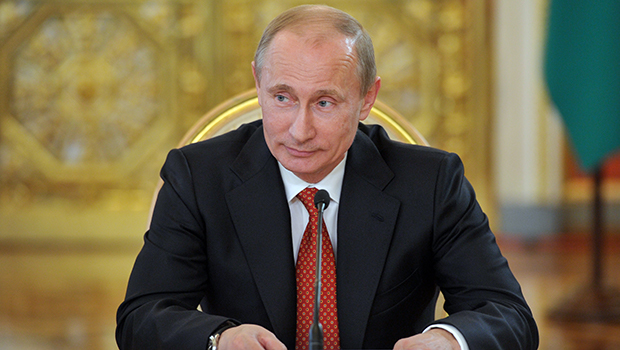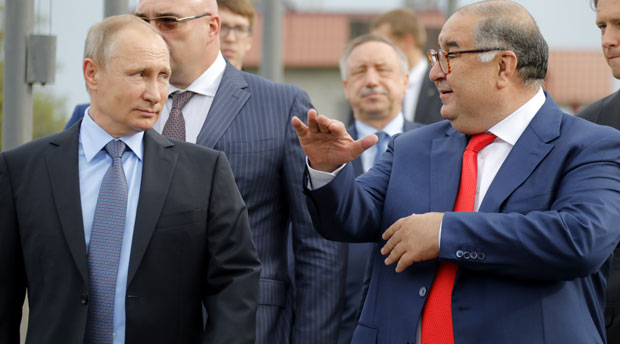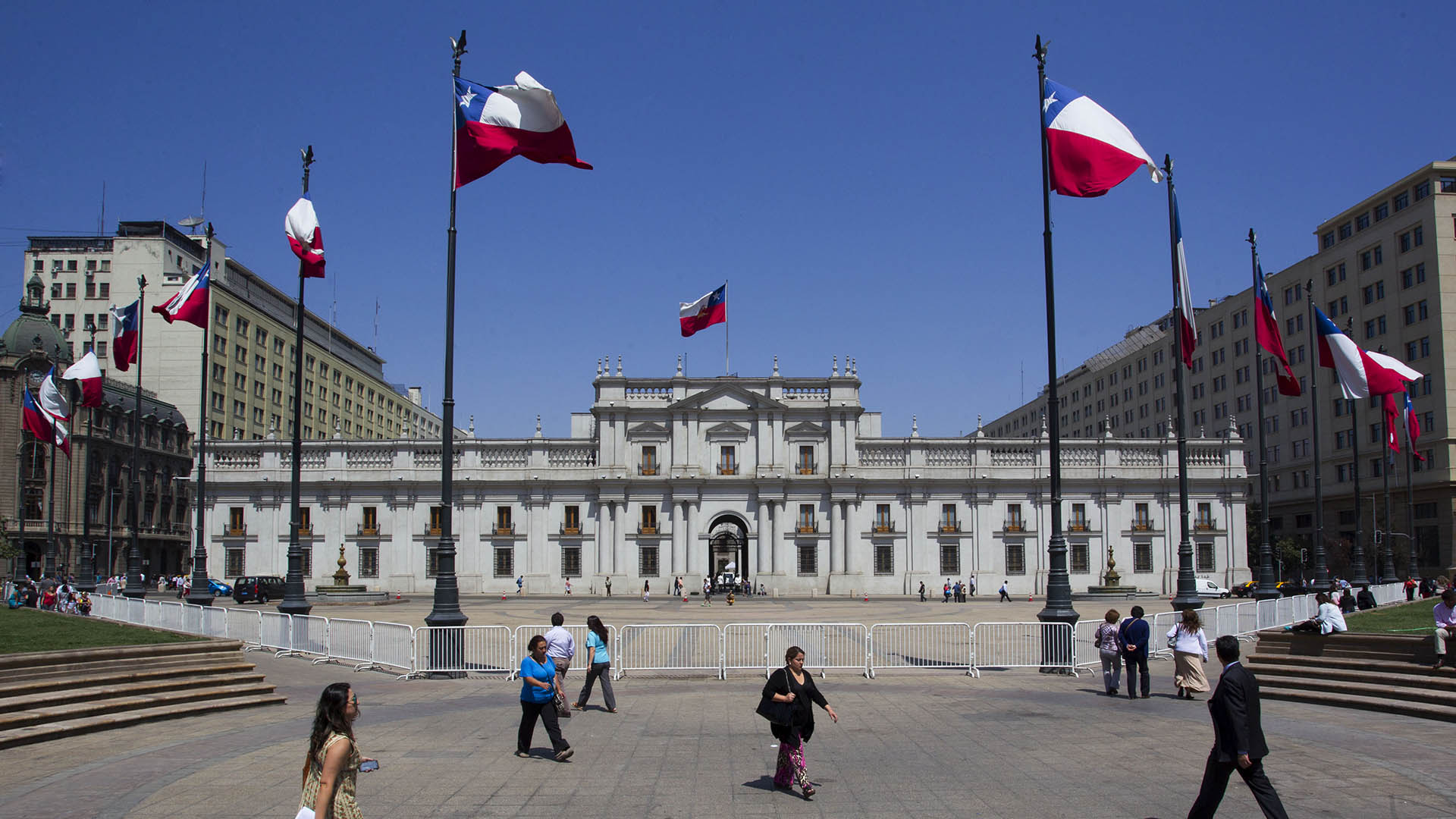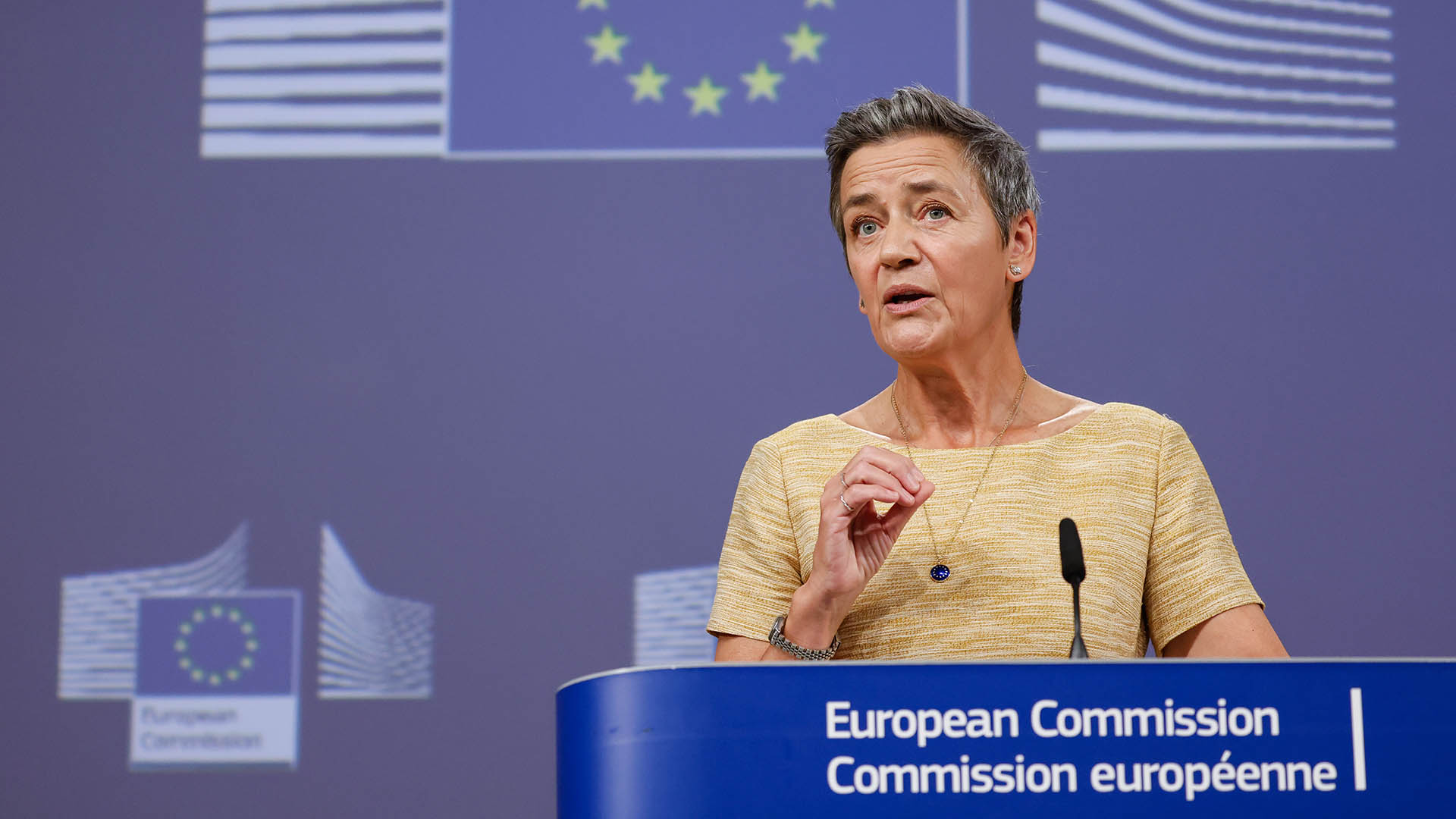Last week, the U.S. Treasury released a highly-anticipated list of wealthy Russians with close ties to the government of Vladimir Putin. It was intended to help policymakers decide on a new round of sanctions against Russia for both the country’s meddling in the U.S. presidential election and its annexation of Crimea.
Russia’s billionaires had braced themselves for potential inclusion on what was expected to be a deeply-researched list to name and shame power players of Russia’s political economy.
But when the public portion of the list was released earlier this week, it astonished many observers: It evidently contained no original research by the U.S. government at all.
Instead the list was “an exact replica of the Russians on the 2017 billionaires list” published by Forbes, as the magazine itself noted.
“The names of and net worth of oligarchs in the unclassified version of the report were selected based on objective criteria drawn from publicly available sources,” a Treasury official told Buzzfeed
In response to questions from ICIJ about its oligarch list, the U.S. Treasury Department responded with a press release stating that, while the list it released was drawn from publicly available sources, it was submitted to congress with “classified annexes” that contained additional information.
“This included links to corruption, and international business affiliations of the named Russian persons,” the release said. “Treasury included a classified annex in the report in order to avoid potential asset flight from the named individuals and entities, as well as to prevent disclosure of sensitive information.”
This classified material, the department said, “included links to corruption, and international business affiliations of the named Russian persons. ”
The cut-and-paste list, however, was accompanied a larger retreat by U.S. President Donald Trump from new sanctions on Russia.
But the recycled Forbes’ list caught our eye for another reason. It contained a lot of names ICIJ had found in millions documents about offshore activity that made up the Panama and Paradise Papers investigations.
Russia’s offshore connection
Like their global counterparts, many Russian billionaires love offshore financial services — the secretive bank accounts and trusts hidden away in tax havens across the world — and recent leaks of offshore data have exposed secrets of the wealthiest Russians and their connections.
ICIJ’s Paradise Papers and Panama Papers revealed extensive financial dealings with Russia’s richest people and their connections to both American interests and tax havens around the world, underscoring the sensitivity for the Trump Administration of compiling an Oligarch sanctions list with any bite.

For instance, documents from the Paradise Papers revealed U.S. Commerce Secretary Wilbur Ross has had financial ties to at least three wealthy Russian’s appearing on the Administration’s list.
Ross held a stake through offshore entities in Navigator Holdings, a shipping firm that receives millions of dollars from the Russian energy firm Sibur, a company owned by Vladimir Putin’s close allies. According to the Commerce Department Ross no longer has an interest in Navigator.
Two of its key owners are Kirill Shamalov (#66 in Russia, according to the 2017 World’s Billionaires list), who formerly was married to Putin’s youngest daughter, and Gennady Timchenko, a sanctioned oligarch whose activities in the energy sector, the Treasury Department said previously, were “directly linked to Putin.” Timchenko is the fourth Russian on the Forbes list.
Another powerful owner is Sibur’s largest shareholder, Leonid Mikhelson, who controls an energy company that was also previously sanctioned by the Treasury Department for propping up Putin’s rule. Mikhelson is, according to the Forbes list, also the richest businessman in Russia.
Also appearing on the administration’s list of wealthiest Russians are Alisher Usmanov (#5 on Forbes list), an Uzbek-Russian mining magnate, and Yuri Milner (#30), a star tech investor in Silicon Valley.
In November, ICIJ reported that the investment fund run by tech mogul Milner received $191 million in 2011 from a Russian government firm, VTB Bank, and invested that money in Twitter. Another state-controlled financial institution, Gazprom Investholding, funded a shell company that invested in a Milner-affiliated company that held roughly $1 billion in Facebook shares shortly before its 2012 initial public offering, documents show.

Usmanov was one of Milner’s most prominent backers of investments in U.S. social media. Last month, Sen. Marco Rubio (R-FL) and three other Republican senators formally asked the Trump administration to consider adding Usmanov to the official list of oligarchs. At that point, Washington was still apparently taking the list seriously.
In response to a question from ICIJ and its partners about the shell company’s ties to the Facebook deal, Gazprom Investholding stated that its loans to the firm “were provided for general corporate purposes.”
In response to previous reporting, Rollo Head, a spokesman for Usmanov, said Usmanov “has been a highly successful investor in Russian and international assets utilizing a combination of his own and borrowed funds.” Head said none of Usmanov’s investments in Facebook used money borrowed from state institutions. As a passive investor in Milner’s deals, the spokesman said, Usmanov had no control over funds controlled by Milner or their underlying investments.
For his part, Milner confirmed VTB’s involvement in the Twitter deal but said he was unaware of any possible involvement by the Gazprom subsidiary in any of his deals.
The Paradise Papers also revealed a number of Russian billionaires who registered private jets in tax havens. For instance, Putin’s friends, billionaire brothers Arkady and Boris Rotenberg (#39 & #90 on the Forbes list) had relied on offshore entities to handle the taxes and other issues involved in owning luxury planes and boats, leaked files showed. The Panama Papers also revealed they owned at least seven companies registered in the British Virgin Islands
And Oleg Deripaska (#23 on the Forbes list), who has emerged as yet another Russian in the Tolstoy-sized cast of characters comprising the election-meddling scandal, also has ties to offshore jet registrations revealed in the Paradise Papers.
Deripaska and the Rotenberg brothers did not respond to earlier requests for comment on their offshore registrations by ICIJ and The Guardian.
Another Russian billionaire who made the Treasury’s list is mining magnate Dmityri Rybolovlev, revealed in Panama Papers files to have controlled an offshore company used to buy and store artworks worth $650 million. Rybolovlev, who is #15 on the Forbes list, also declined to comment.
While Rybolovlev and numerous other wealthy Russians have been identified in the Panama and Paradise Papers, they may have little to fear from the Treasury: The classified files supplementing the copied Forbes list will likely see the light of day no time soon.







